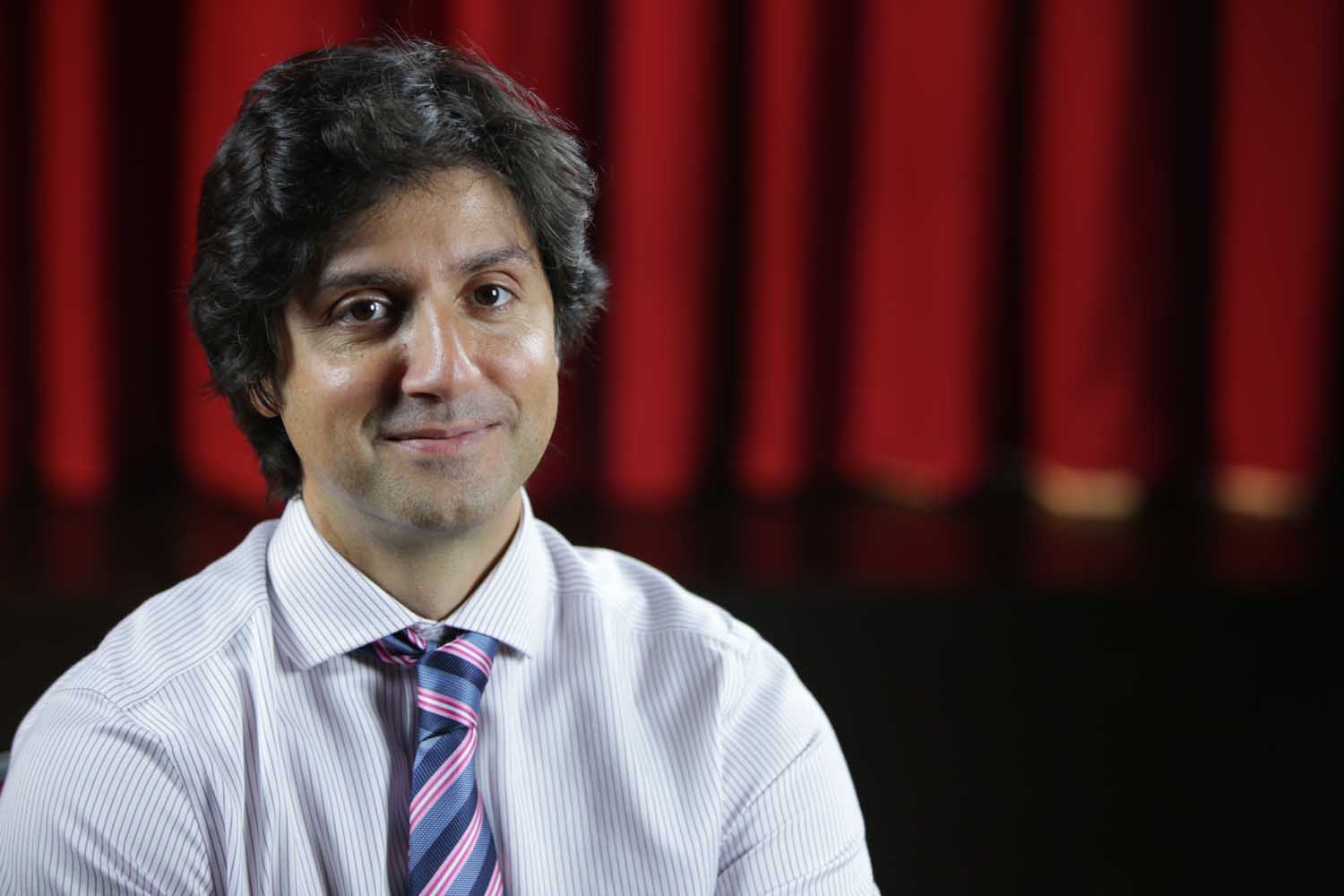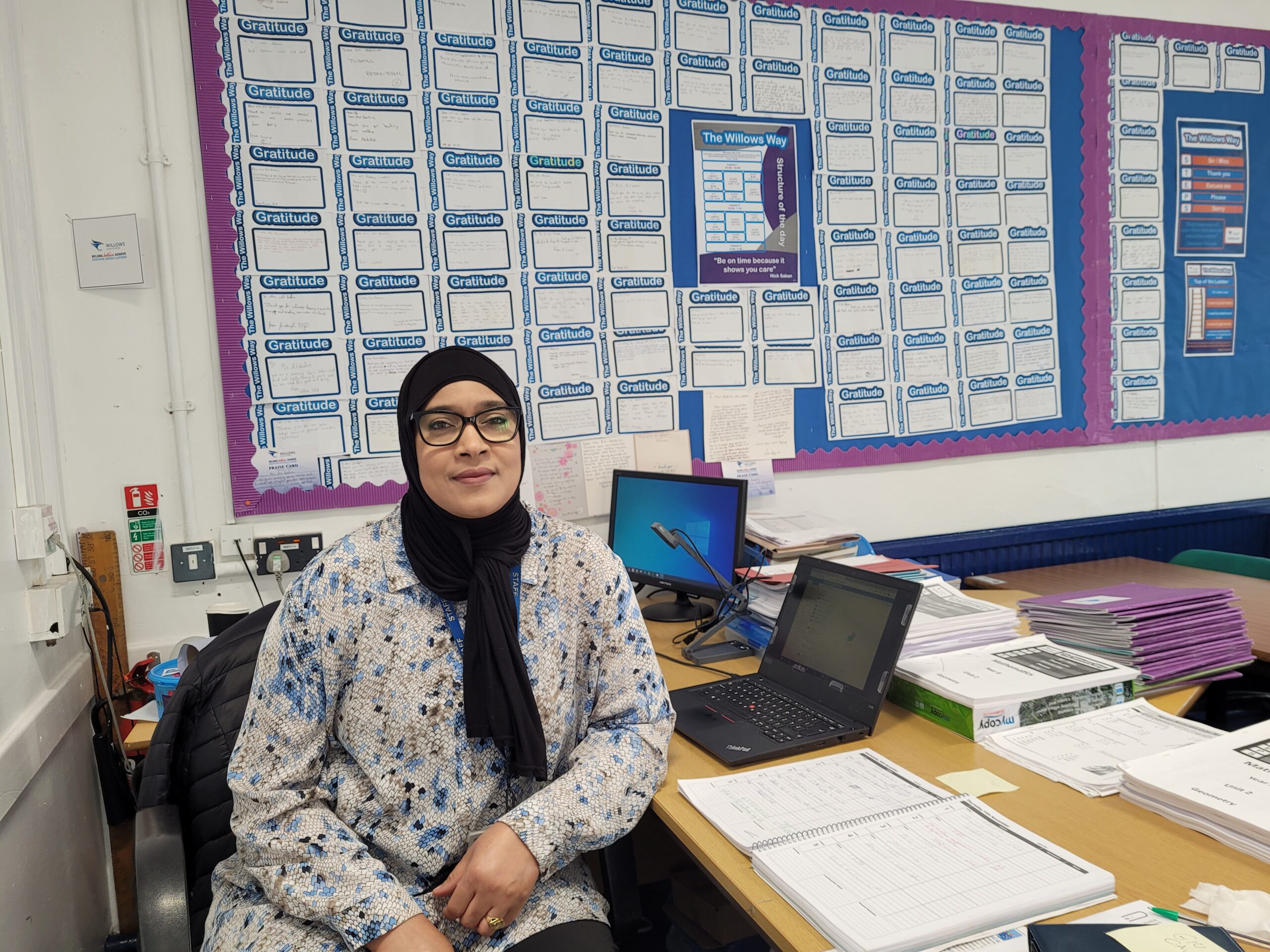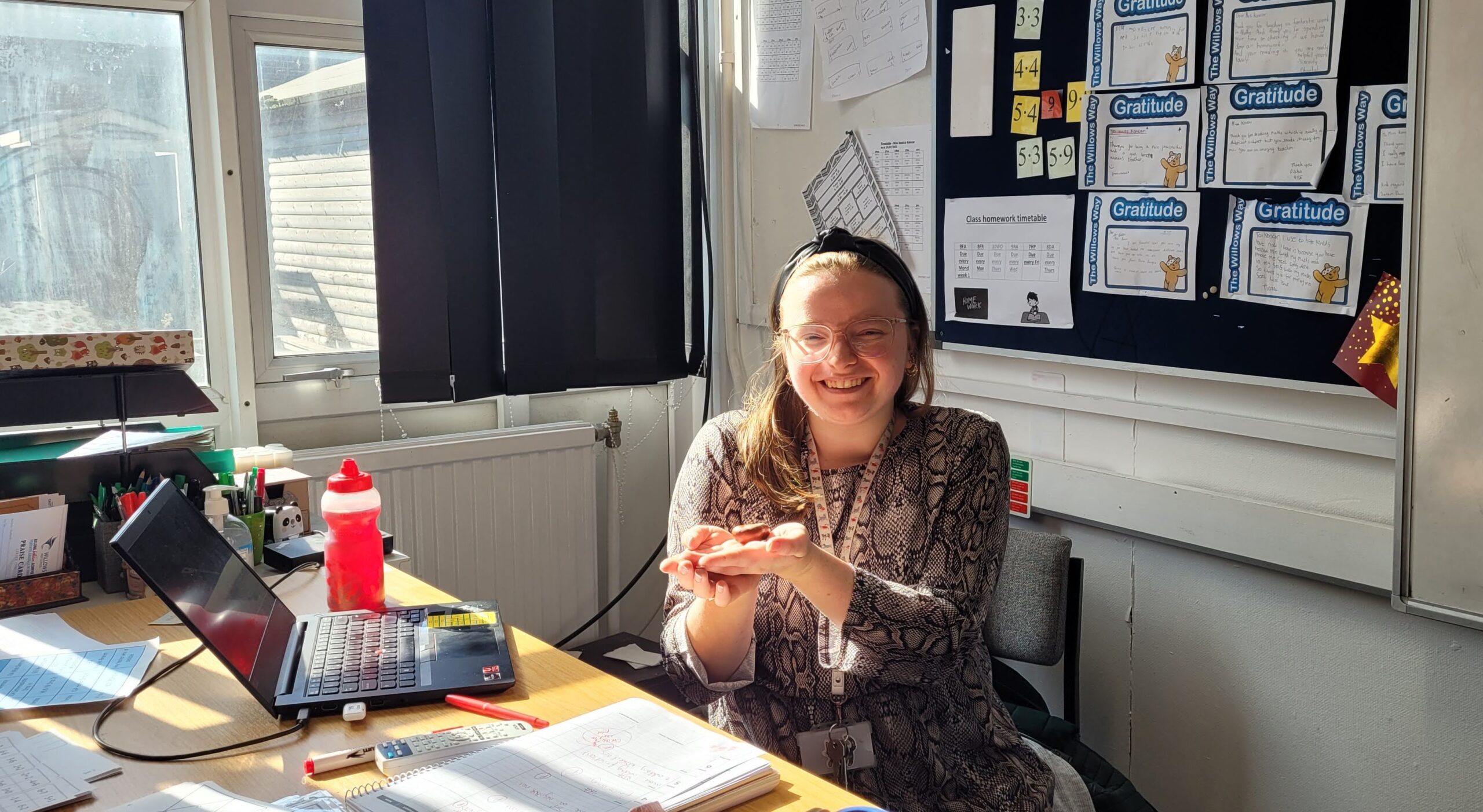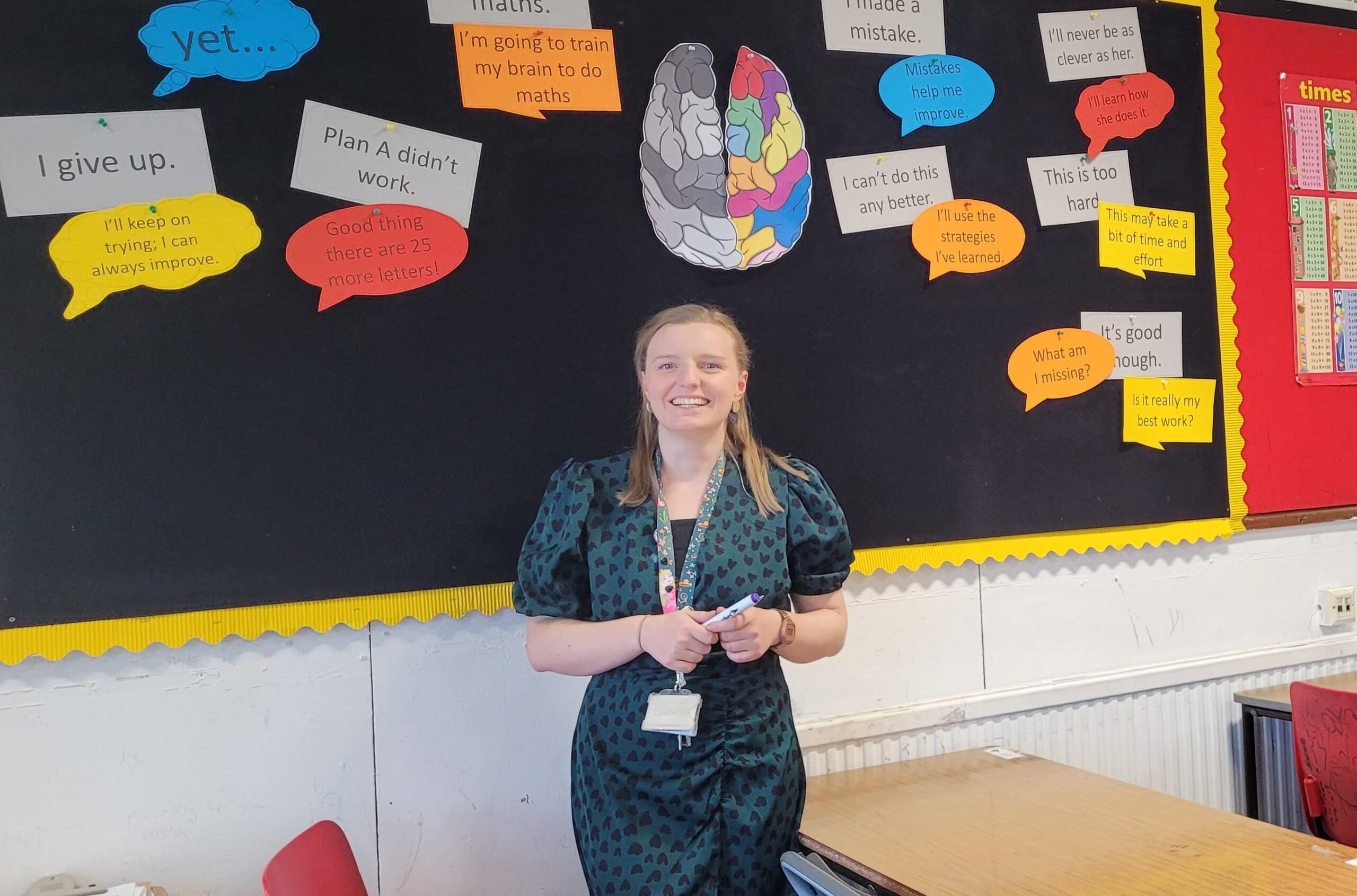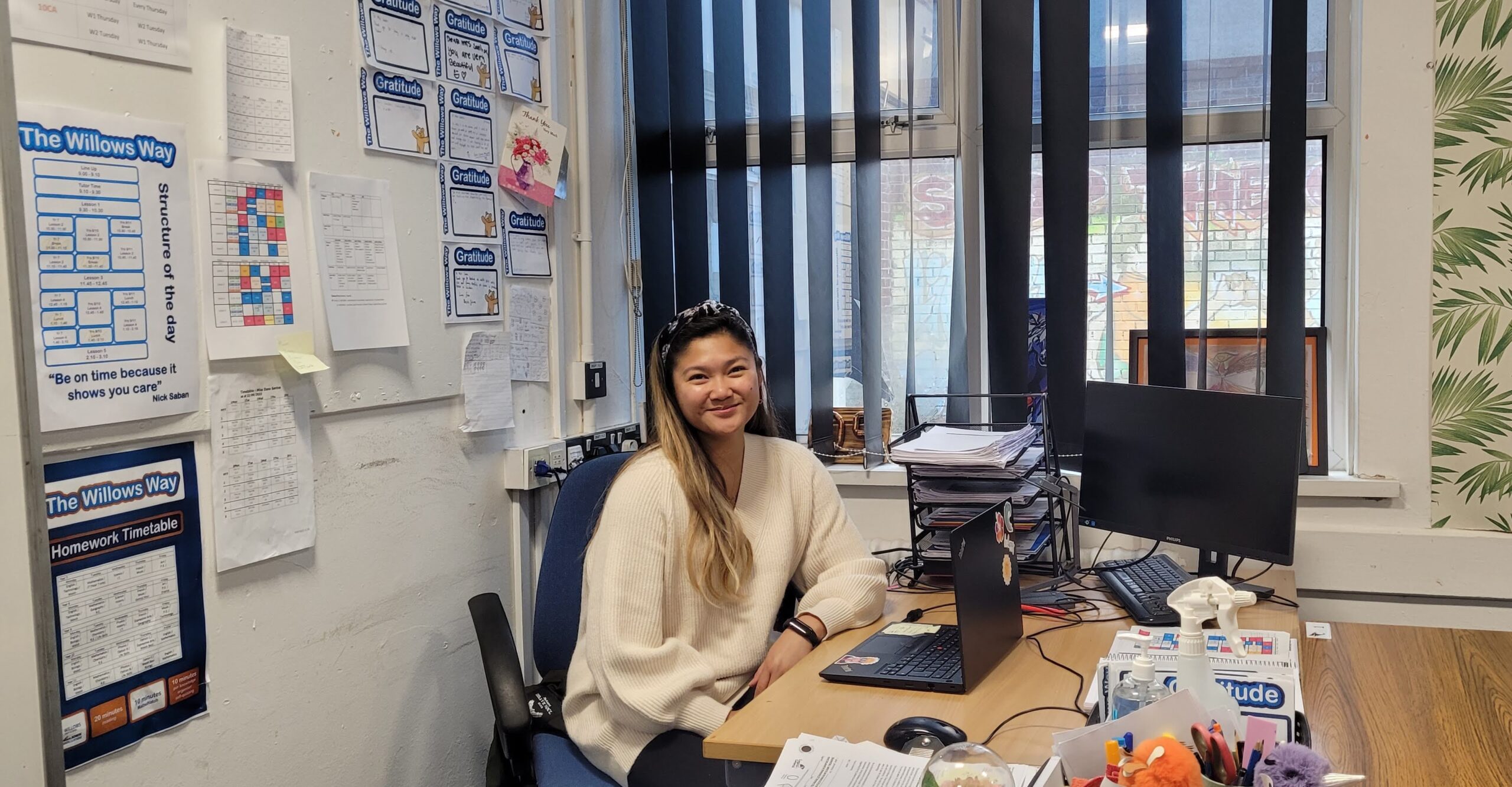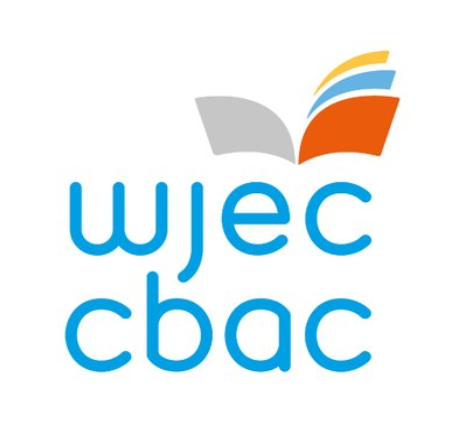1. Learning maths is good for your brain
Research conducted by Dr. Tanya Evans of Stanford University indicates that children who know math can recruit certain brain regions more reliably, and have higher gray matter volume in those regions, than those who perform more poorly in math. The brain regions involved in higher math skills in high-performing children were associated with various cognitive tasks involving visual attention and decision-making. While correlation may not imply causation, this study indicates that the same brain regions that help you do math are recruited in decision-making and attentional processes.
2. Maths helps you tell time
“I’m late, I’m late for a very important date.” – White Rabbit from the movie Alice in Wonderland. Don’t let your ignorance of math make you like the White Rabbit! A recent study indicated that 4 out of 5 children living in Oklahoma City can’t read the hands on an analog clock to tell time. Knowing math, and particularly fractions, can help you better tell time. While analog clocks may eventually become obsolete, don’t let your ability to tell time become outdated! Use your knowledge of fractions to help you tell time on analog clocks that have an hour, minute, and (sometimes) second hand.
3. Maths helps you with your finances Math can be helpful for balancing your budget because you will have a good understanding of how to make sure that your costs are less than the money you have. Balancing one’s bank account, for example, is an important life skill that requires math in order to subtract balances. People who know math are therefore less likely to go into debt because they did not know how much money they had versus how much money they spent.
4. Maths makes you a better cook (or baker) With knowledge of math, for example, you can quickly deduce that a half-cup of flour is the same thing as eight tablespoons of flour. This skill can prove handy if you find that your half-cup measure is missing. Likewise, if you are cooking from a recipe that serves four people, but you need to feed eight people, your math skills tell you that you can simply double all of the necessary ingredients. Without math, you may not have enough food (or have too much food) to feed your guest!
5. Maths helps us have better problem-solving skills Math helps us think analytically and have better reasoning abilities. Analytical thinking refers to the ability to think critically about the world around us. Reasoning is our ability to think logically about a situation. Analytical and reasoning skills are essential because they help us solve problems and look for solutions. While it may seem far-fetched to believe that solving the train problem above can help you solve a problem in your life, the skills that you use in framing the problem, identifying the knowns and unknowns, and taking steps to solve the problem can be a very important strategy that is applicable to other issues in life.
6. Practically every career uses maths in some way.
Obviously, mathematicians and scientists rely on mathematical principles to do the most basic aspects of their work, such as test hypotheses. While scientific careers famously involve math, they are not the only careers to do so. Even operating a cash register requires that one understands basic arithmetic. People working in a factory must be able to do mental arithmetic to keep track of the parts on the assembly line and must, in some cases, manipulate fabrication software utilizing geometric properties (such as the dimensions of a part) in order to build their products. Really, any job requires math because you must know how to interpret your paycheck and balance your budget.
7. Maths is all around us and helps us understand the world better To live in a mathematically-driven world and not know math is like walking through an art museum with your eyes closed. Learning and appreciating math can help you appreciate things that you would not otherwise notice
